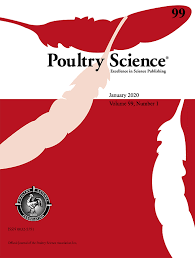Document type : Scientific journal published in Frontiers in Veterinary Science
Authors: Jean-Luc Gourdine, Wendy Mercedes Rauw, Hélène Gilbert, Nausicaa Poullet
Preview: Heat stress (HS) affects pig performance, health and welfare, resulting in a financial burden to the pig industry. Pigs have a limited number of functional sweat glands and their thermoregulatory mechanisms used to maintain body temperature, are challenged by HS to maintain body temperature. The genetic selection of genotypes tolerant to HS is a promising long-term (adaptation) option that could be combined with other measures at the production system level. This review summarises the current knowledge on the genetics of thermoregulation in pigs. It also discusses the different phenotypes that can be used in genetic studies, as well as the variability in thermoregulation between pig breeds and the inheritance of traits related to thermoregulation. This review also considers on-going challenges to face for improving heat tolerance in pigs.






